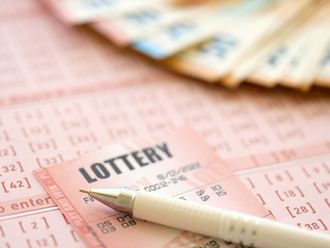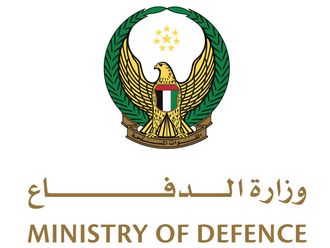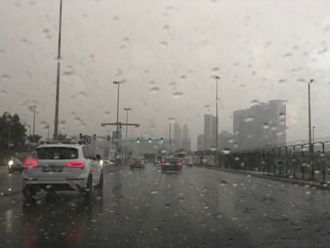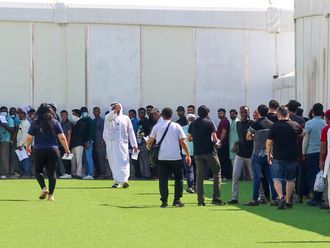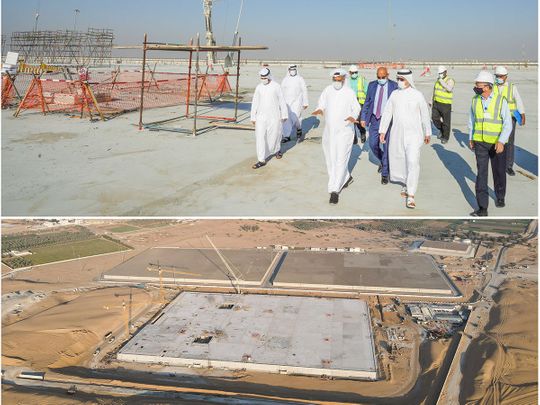
Dubai: The water reservoir project at Lusaily area in Dubai is now 72 per cent complete and is expected to be completed by middle of next year, the Dubai Electricity and Water Authority (DEWA) announced on Wednesday.
Saeed Mohammed Al Tayer, managing director and CEO of DEWA, inspected the water reservoir project which has a storage capacity of 60 million imperial gallons (MIG). Once completed, the Dh175.4 million project will increase the water storage capacity in Dubai to 1,002 MIG by 2021, up from the current capacity of 815 MIG.
“DEWA works in line with its strategy to consolidate Dubai’s leading position as a role model in the effectiveness and efficiency of the electricity and water infrastructure to meet current and future development requirements in Dubai. We are currently building a reinforced concrete 60-million-gallon reservoir in Lusaily alongside the existing one, which stores 120 million gallons of desalinated water,” said Al Tayer.
“We are building another 120 MIG reservoir in Nakhali to increase the water flow and raise the volume of the emirate’s water reserve. This meets the growing demand, supports the sustainable development of Dubai, and increases the efficiency and reliability of water networks,” he added.
Smart metres
Al Tayer also noted DEWA is managing all facilities and services in the emirate through smart connected systems. DEWA is working to activate all its smart water metres across Dubai by the end of the year. “Smart meters improve operational efficiency, reduce water losses, and help customers monitor their consumption accurately and instantaneously — anytime, anywhere”, said Al Tayer, adding: “This promotes the responsible use and sustainability of resources.”
Losses in DEWA’s water transmission and distribution networks decreased from 42 per cent in 1988 to only 6.6 per cent at present, which is one of the lowest in the world.


